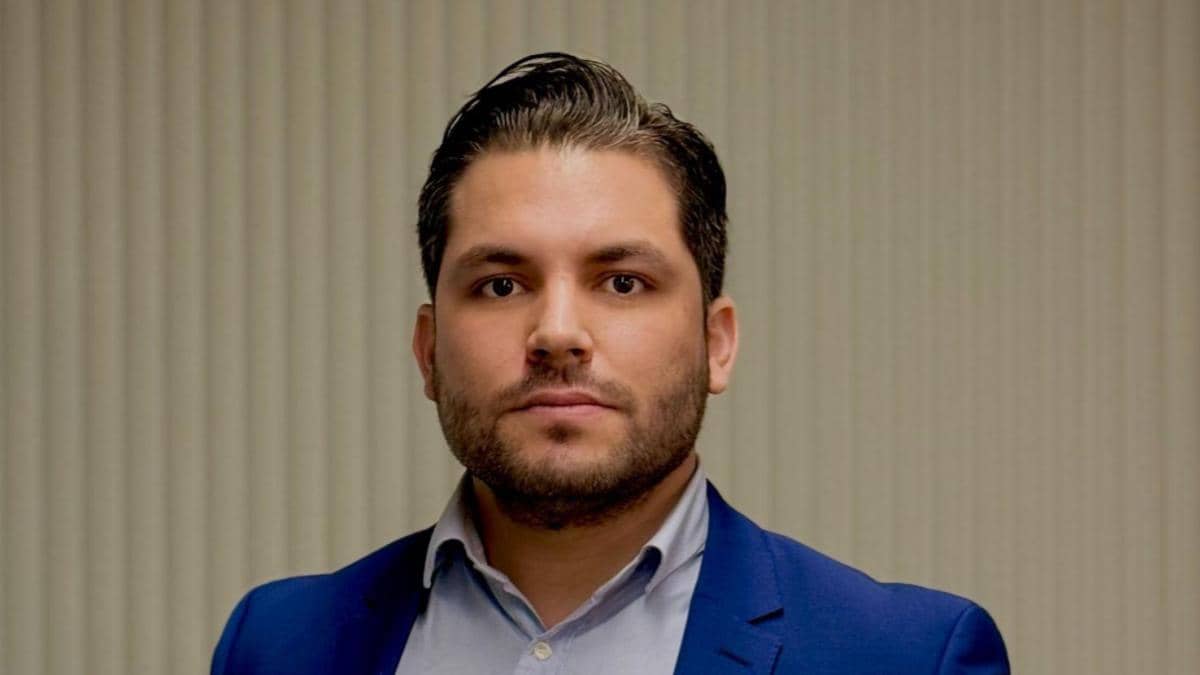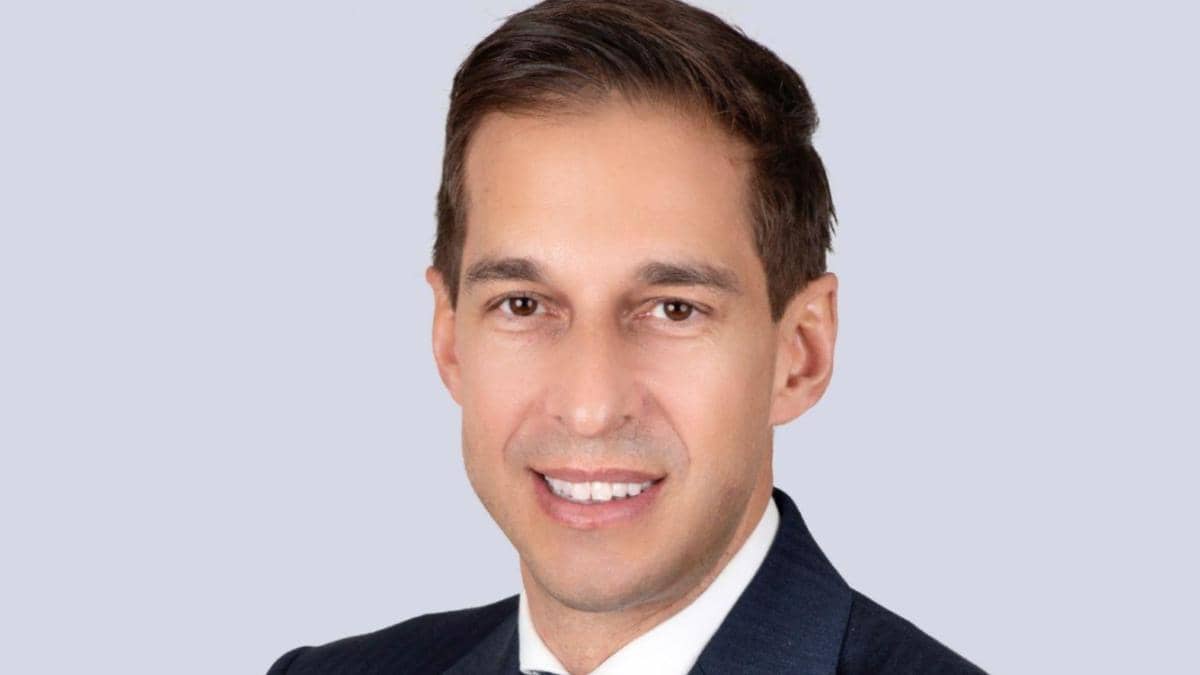Flavio Rossetti from Global X ETF is our Sales Manager of the Month

8 FEB, 2023
By Constanza Ramos
Flavio Rossetti works in Southern Europe Sales at Global X ETFs, based in their London office. He joined Global X in 2021 and divides his time between the Italian and Spanish markets, maintaining relationships with a broad range of clients and presenting at events and webinars. Prior to Global X, Flavio worked in the financial sector at Amplify Trading and Swissquote, where he gained experience in proprietary trading and Forex (FX) brokerage. He holds a master’s degree in Business Law from Bocconi University.
What made you decide to get into the financial sector and did you have another career option in mind?
I studied law during university but never developed a real passion for it. As part of my law studies, I took a lot of courses on economics and financial markets and really started to follow those areas more closely. I discovered that to be on track with markets you need to follow politics, geopolitics, economics, and social themes – all things I am interested in. This is what ultimately led me to the financial sector. I found that working in finance is a great way to remain on top of all my interests, especially at a firm like Global X ETFs where we identify long-term disruptive trends likely to shape the markets.
How should investors manage their portfolios in this environment?
As we head into 2023, investors are preparing for a landscape that differs from 2022 in several key ways. As economic growth slows and recession fears rise in major developed markets there are several economic characteristics to watch that will impact investors’ portfolios.
Interest rate sensitivity is likely to diminish in importance, while yield sustainability is poised to grow in significance. With duration risk becoming less concerning, some duration exposure is likely to be beneficial in a recessionary environment. In equities, investors should consider positioning to benefit from opportunities in higher growth areas that can flourish despite the economy. Cybersecurity and clean energy are key themes we believe have strong structural tailwinds and are likely to grow revenue faster than the broader market, driven by growing data safety concerns and significant government investment respectively. In yield focused portfolios, diversifying the sources of yield is likely to become more important. Including covered calls and/or preferreds can help diversify the sources of yield. Additionally, defensive positioning remains essential – Consumer Staples, Health Care and Utilities are key sectors where demand is less impacted by the state of the economy.
Where does a financial advisor add most value?
The role of a financial advisor is to create a tailor-made portfolio for their clients. Clients all have different goals, and financial advisors should work with them to achieve these goals in a way that also takes into consideration the client’s general situation and risk appetite. Advisors add value by guiding the client through different market conditions, giving advice on how to modify their portfolio in a certain moment or which financial products to use in order to reach their goals.
What is your relationship with your clients like in times of market crisis? How do you manage emotions?
In times of market crisis, it is especially important to listen to clients’ changing needs and concerns and provide them with relevant information so they can make informed decisions. At Global X, we have a strong research team that produces insightful content and analyses on a range of topics from current market conditions to the role that a single strategy/ETF can play in a portfolio to emerging themes to look out for. Being able to share these insights with client, especially during periods of increased uncertainty, can provide guidance for reconsidering a certain allocation due to current market conditions or offer insight into themes that might perform better in such an environment.
Managing emotions is fundamental for an investor who wants to stay in the markets for years (or decades) to come. I try and remind myself and my clients that it is important to maintain a long-term outlook. Markets will always go up and down, but having high conviction in the long-term disruptive potential of the themes in which you invest and your overall strategy can help ease some of the uncertainty.
Give us an example of a fund that you have held for a long time in your portfolios and why.
One theme I consider to be fundamental in my portfolio is lithium. Governments around the world have taken decisive action on climate this year, with measures aimed at accelerating the transition to clean energy and increasing the adoption of electric vehicles (EVs). As a result, demand for lithium is likely to increase as lithium-ion batteries are essential to the rise of EVs, renewable energy storage, and mobile devices. Having ETFs in a portfolio that offer exposure to the full lithium cycle, from mining through battery production, could potentially benefit from the increased demand.
What differences do you observe in the way new generations invest?
Millennials have surpassed baby boomers as the largest generation across developed countries, and their investment habits are distinct. According to a Global X survey, 83% of affluent millennials expressed a high level of interest in thematic investing, significantly higher than other generations. In other words, younger investors in high-conviction disruptive ideas that have medium-to-long-term time frames. Additionally, our survey found that younger investors showed high levels of interest in investing in companies that align with their personal values and capitalize on long-term demographic shifts, both of which fit into a broader thematic investment approach.
If you had to define yourself in one word, what would it be and why?
I would say patient. I know how to wait, and this skill definitely comes in handy being in the financial sector.


